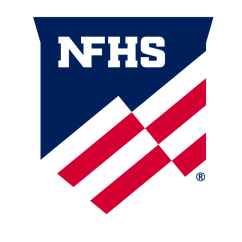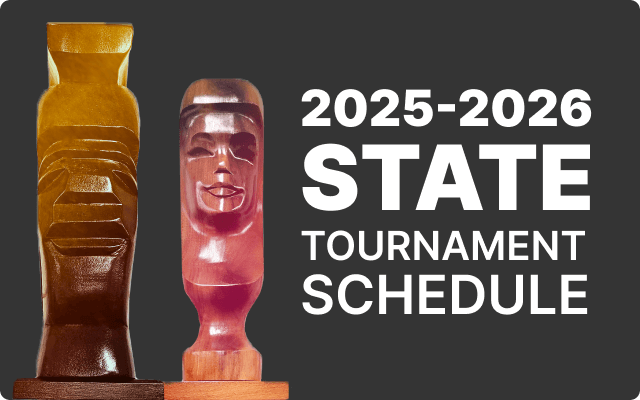The NFHS Voice

 The NFHS Voice
The NFHS Voice
Despite Grounding of Programs, Education Continues in High School Sports, Performing Arts
Dr. Karissa L. Niehoff, NFHS Executive Director
Watching non-stop coverage of the Coronavirus pandemic on television or checking out every notification sent to your smartphone can lead to a pretty dismal outlook by the end of the day.
Certainly, we have to keep up with the latest reports from local governments, state health officials and the Centers for Disease Control and Prevention (CDC), but at some point we have to turn our attention to those rays of sunshine all around us.
As leaders in high school sports and performing arts, we have much for which to be thankful – and it starts with the education-based philosophy of these vital programs in our nation’s schools. While having sports and other activities within the school setting in more normal times is a complement to the academic curriculum – in essence the other half of education – that connection is even more critical during these times of isolation and separation.
Our educational system – with sports and other activities within the school setting – is commonplace in the United States; however, this structure does not exist in most countries. Throughout most of the world, high school students attend school for academics and participate in sports through clubs, travel teams, camps and clinics.
With sports at all levels grounded around the globe, the United States is one of the few countries where education programs for student-athletes, coaches, officials and administrators continue during this time when the competitive games and contests are on hold.
So, while coaches of high school-age athletes in many countries likely are focused on the Xs and Os and strategizing how to win games when the pandemic concludes, the NFHS is affording high school coaches in the United States educational opportunities to improve as teachers – and coaches in three schools in North Carolina are leading the way.
Thanks to the directive of Dr. Marvin Connelly Jr., superintendent of the Cumberland County Schools in Fayetteville, North Carolina, one high school and two middle schools in the district became the nation’s first schools to earn Level 1 status in the NFHS School Honor Roll program. More than 90 percent of the coaches in each school completed the four required education courses through the NFHS Learning Center (www.NFHSLearn.com).
And this is only the beginning. According to Vernon Aldridge, the CCS’s student activities director, the hope is to have all 24 high schools and middle schools in the district become Level 1 schools – and for all schools to reach Level 3 status in the next two years.
We salute the Cumberland County Schools and the leadership exhibited by Dr. Connelly and the focus on building strong education-based activity programs. The NFHS Learning Center offers more than 70 courses, and coaches, officials, performing arts educators, students, administrators and parents are using this down time to prepare for the re-opening of schools in the coming months.
In the performing arts world, education continues as schools in many states are engaged in virtual music contests.
While the Xs and Os will have to wait until schools re-open, the educational component to coaching is ongoing. One of the most successful coaches, legendary UCLA coach John Wooden, conducted countless seminars on his “Pyramid of Success” which addressed the importance of loyalty, self-control, cooperation, enthusiasm and many other components to achieve success.
At one of his seminars during a lunch break and after listening to Coach Wooden talk about the Pyramid of Success all morning, one young coach was overheard asking a fellow coach, “I wonder when he’s going to tell us how to win?”
Fortunately, we‘ve come a long way from those days, and we congratulate the schools and coaches in these Fayetteville, North Carolina, schools for showing us the way to success in high school sports and performing arts.
Dr. Karissa L. Niehoff is in her seventh year as chief executive officer of the National Federation of State High School Associations (NFHS) in Indianapolis, Indiana. She is the first female to head the national leadership organization for high school athletics and performing arts activities and the sixth full-time executive director of the NFHS. She previously was executive director of the Connecticut Association of Schools-Connecticut Interscholastic Athletic Conference for seven years.









